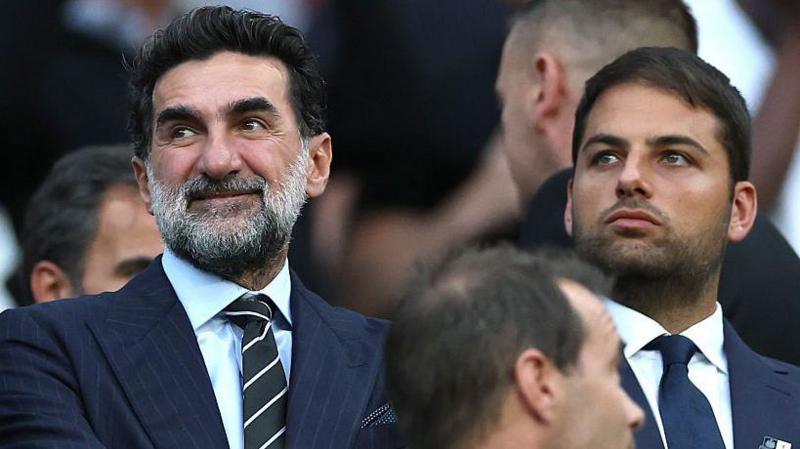Newcastle Takeover: Key Changes and Impact - What's New?



On a crisp October day back in 2019, Newcastle United fans saw their club usher in a new era as it transitioned to new ownership after being acquired by a consortium led by the Public Investment Fund (PIF) of Saudi Arabia, alongside PCP Capital Partners and RB Sports & Media. The takeover marked not just a change in ownership but heralded a dramatic shift in the club's fortunes and strategic outlook. With Tuesday marking four years since this pivotal moment, it’s the perfect time to examine just how much has changed at St. James' Park.
Under the previous owner, Mike Ashley, the club often operated under financial constraints which many fans felt didn't do justice to the storied history of the Magpies. With the new takeover, the winds of change brought with them a promise of a brighter future, fueled by significant financial backing, suggesting an end to austerity and the start of an ambitious era dedicated to rebuilding and enhancing the squad's competitiveness in both domestic and European competitions.
The initial aftermath of the takeover saw a palpable increase in optimism among the fanbase. The consortium’s vision for the club wasn’t limited to on-field success but also incorporated significant improvements to the club’s infrastructure and youth development systems, aligning with long-term growth and sustainability models seen at some of Europe’s elite clubs.
Investments began to flow, not just in terms of acquiring top talents from around the world but also in enhancing the training facilities and expanding the club's global scouting network. The managerial appointment was a critical aspect of the new era’s strategy. Steve Bruce was eventually replaced by Eddie Howe, a move that signaled a decisive step towards nurturing an attractive, attacking style of play. Howe’s expertise and his thorough understanding of Premier League dynamics have been instrumental in stabilizing the team and progressively climbing the league table.
On the pitch, the impact of the takeover has been increasingly visible. Newcastle United has started to establish themselves as formidable opponents, no longer the underdogs but a team that consistently aims for higher echelons in the Premier League. The recruitment strategy has been markedly shrewd, focusing on blending experienced internationals with young, dynamic talents like Bruno Guimaraes, who has emerged as a fan favorite with his flair and pivotal midfield presence.
The 2022-2023 season was particularly indicative of the progress being made. Finishing in the upper half of the table was an achievement that not only reflected the team’s improved performance but also restored a sense of pride and potential for what the future could hold. The club’s foray back into European competition further underlines their upward trajectory and ambitions to re-establish themselves as mainstays on the continental stage.
Moreover, the new ownership has recognized the importance of the club’s social role within the community. Initiatives focusing on local development projects and support for grassroots football embody the broader commitment to the region’s social and economic upliftment. This holistic approach to club management has endeared the owners to a fan base that values community ties deeply.
While the road ahead is still filled with challenges, the shift in Newcastle United’s fortunes post-takeover is undeniable. The club's transformation under the new consortium reflects a well-structured approach to rebuilding and a clear vision that aligns with the grandeur and passion of its fan base. As they celebrate the fourth anniversary of this new chapter, both the leadership at St. James' Park and the supporters can look forward with optimism to what may come next. Whether it be further success on the pitch, more stars arriving through the gates, or expanded community engagement, the future for Newcastle United looks incredibly bright, filled with possibilities once thought beyond reach.